As an anthropologist deeply fascinated by the intersection of technology and culture, I created an opportunity to conduct a covert ethnographic study at Scale AI, one of the leading companies in AI training and data annotation. My goal was to peel back the curtain on the process of Reinforcement Learning from Human Feedback (RLHF) and understand the human dynamics behind this crucial component of AI development.
What I discovered was both illuminating and concerning. While Scale AI ostensibly aims for diverse perspectives in their feedback process, and rigorous training and standards of excellence, the reality on the ground tells a different story. We RLHF workers found ourselves constrained by a singular set of metrics, heavily skewed towards American values and standards. This became particularly problematic as we were tasked with responding to queries from across the globe, inevitably filtering global diversity through an American lens.
The process itself was far from the precise, data-driven operation one might expect. When faced with unfamiliar topics, we often resorted to quick Google searches or impromptu group solutioning among workers. While this collaborative approach had its merits, it also risked erasing nuance and reinforcing dominant perspectives.
One aspect that particularly struck me was the option to opt out of tasks requiring specialized knowledge, especially in STEM fields. However, this was counterbalanced by a pervasive incentive to provide the "best answer" whenever possible. This push towards authoritative responses, even in areas outside our expertise, raises questions about the accuracy and reliability of the feedback being provided.
The peer review system, while well-intentioned, did little to mitigate these issues. More experienced workers would review our responses, but this process was rife with subjectivity and often reinforced existing cultural biases rather than challenging them.
What's truly mind-boggling is the scale and impact of this work. The feedback generated by thousands of workers like us directly shapes the responses of the world's largest AI chatbots, including those developed by OpenAI, Meta, Microsoft and more. The implications of this are staggering - our biases, guesswork, and cultural perspectives are being baked into the very foundations of AI systems that millions will interact with daily.
This experience has fundamentally altered my perception of AI. Far from the infallible, objective systems they're often portrayed as, these AI brains are profoundly human constructs, reflecting our biases, limitations, and cultural blind spots. As we continue to integrate AI into our lives and societies, it's crucial that we reckon with this reality and work towards more truly diverse and globally representative training processes.
As an anthropologist, I'm left with more questions than answers. How can we ensure that AI systems reflect the true diversity of human experience and knowledge? What are the long-term implications of embedding predominantly American values into global AI systems? And perhaps most importantly, how can we make the human labor and decision-making behind AI more visible and accountable?
These are questions we must grapple with as AI continues to shape our world. My experience at Scale.AI has made one thing clear - the future of AI is not just a technological challenge, but a deeply human one.
